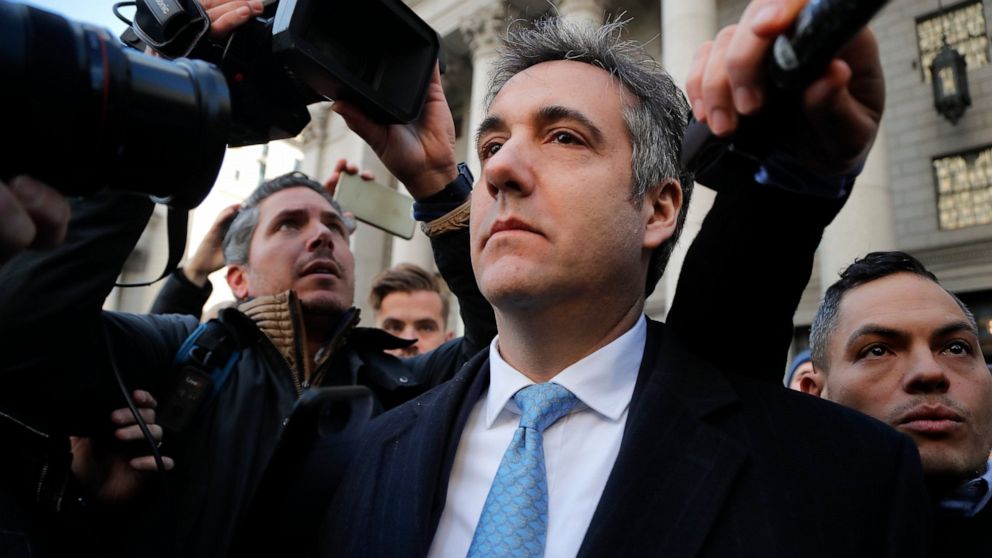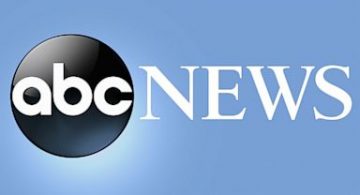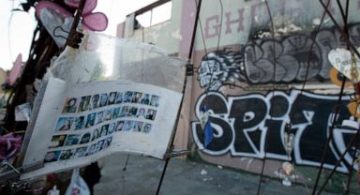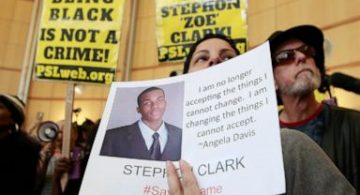
When FBI agents raided Michael Cohen’s home and office a year ago Tuesday, some pundits declared it the beginning of the end of Donald Trump‘s presidency. It was only a matter of time, they speculated, before Cohen gave investigators a roadmap to Trump’s supposed misdeeds.
Cohen stoked those flames as recently as Thursday by saying he was cooperating in federal probes he wasn’t at liberty to discuss.
And yet, there are mounting indications that Cohen’s usefulness to federal prosecutors is drying up — and that he may wind up being the only person to go to prison for the hush-money scandal that has dogged Trump’s presidency.
Several members of the team that prosecuted Trump’s former lawyer and fixer in New York have announced they are moving on to other jobs, something that usually happens when a big case is winding down.
Prosecutors have also been returning electronic devices and documents seized from Cohen, an indication those materials might not be needed for future prosecutions.
And special counsel Robert Mueller’s closing of his probe into Russian attempts to influence the 2016 presidential election effectively shuts the door on Cohen emerging as a key witness in that investigation.
“They’re not going to be making any new cases with his testimony,” predicted David S. Weinstein, a former federal prosecutor in Miami.
With Cohen scheduled to report to prison May 6, his attorneys have reached out to Democrats in Congress, asking them to write letters saying Cohen’s three-year sentence for tax evasion, campaign finance violations and other crimes should be postponed because his help is needed going through a “substantial trove of new information, documents, recordings, and other evidence.” But tellingly, federal prosecutors themselves made no such request.
To be sure, federal authorities in New York don’t appear to be finished scrutinizing people close to Trump. Investigations continue into the president’s inaugural committee. Among other things, authorities are looking into payments made to vendors and whether foreigners illegally donated.
New York state officials are also examining Cohen’s claims to Congress that Trump fudged the value of his assets with dealing with insurance companies and banks.
But whether Cohen would play a central role as a witness in any of those investigations is unclear.
Trump lawyer Rudy Giuliani dismissed Cohen’s plea to Congress to help him remain free as “pretty hilarious.”
“Cohen has already spilled his guts,” Giuliani said Sunday on CBS’ “Face the Nation.” ”He has nothing at all incriminating on” Trump.
Asked on the same program whether House Democrats would be willing to write letters on Cohen’s behalf, House Judiciary Committee chairman Jerry Nadler was noncommittal.
Trump himself sounded unconcerned about Cohen last week, saying, “He’s old news.”
Cohen’s spokesman, Lanny Davis, didn’t comment.
The federal investigation of Cohen burst into view on April 9, 2018, when agents seized documents from his hotel room, his Manhattan apartment, his law office and a safety deposit box. Records since made public reveal that the probe at the time was focused on Cohen’s financial crimes, including failing to report income related to his taxi businesses, and on payments he orchestrated to porn star Stormy Daniels and Playboy centerfold Karen McDougal, who claimed they had affairs with Trump.
Cohen, who once declared he would “take a bullet” for Trump, abandoned the president quickly. By August, he had pleaded guilty and told prosecutors that Trump himself had instructed him to buy the women’s silence. The Justice Department argued that those payments amounted to undisclosed, illegal campaign contributions.
To date, though, only Cohen has faced charges in that case. Longstanding Justice Department policy says a sitting president shouldn’t be indicted. Federal prosecutors agreed not go after the parent company of the National Enquirer for funneling the money to McDougal. And Allen Weisselberg, who as chief financial officer of Trump’s business empire was implicated in the hush-money case by Cohen, cooperated with prosecutors and might not be charged.
A federal judge revealed in a February ruling that the government’s hush-money probe remained open. Whether that is still the case is unclear. The judge has given prosecutors a May 15 deadline to provide him with an update as he decides whether to unseal more of the Cohen file.
In the meantime, the prosecutor who originally oversaw the campaign finance probe, Robert Khuzami, has announced that he is leaving the U.S. attorney’s office in Manhattan on April 12 for undisclosed reasons.
The most senior assistant U.S. attorney assigned to the investigation, Rachel Maimin, left for private practice in recent weeks. A third prosecutor on the Cohen team, Andrea Griswold, is returning to a previous role at a unit that investigates securities fraud.





